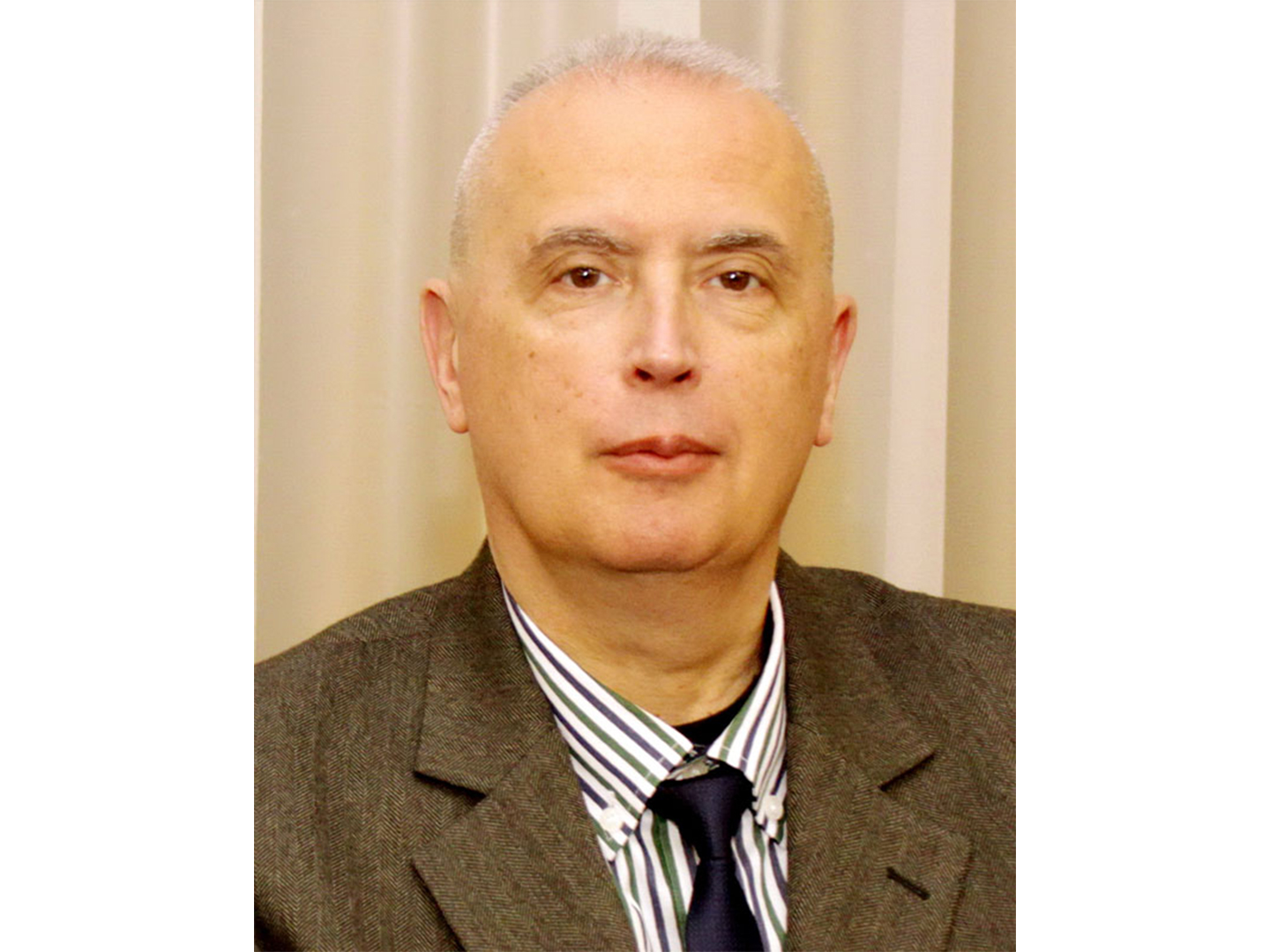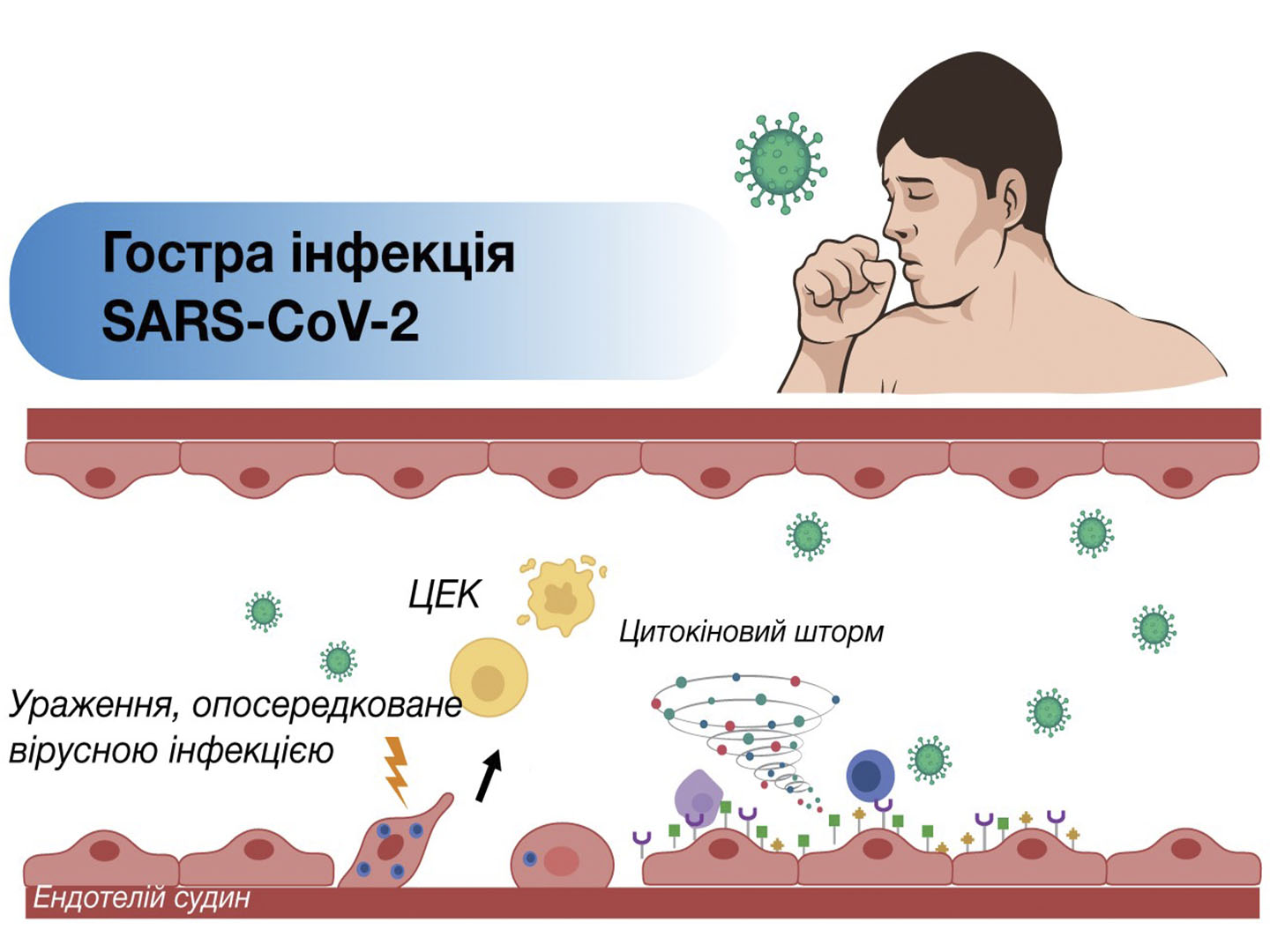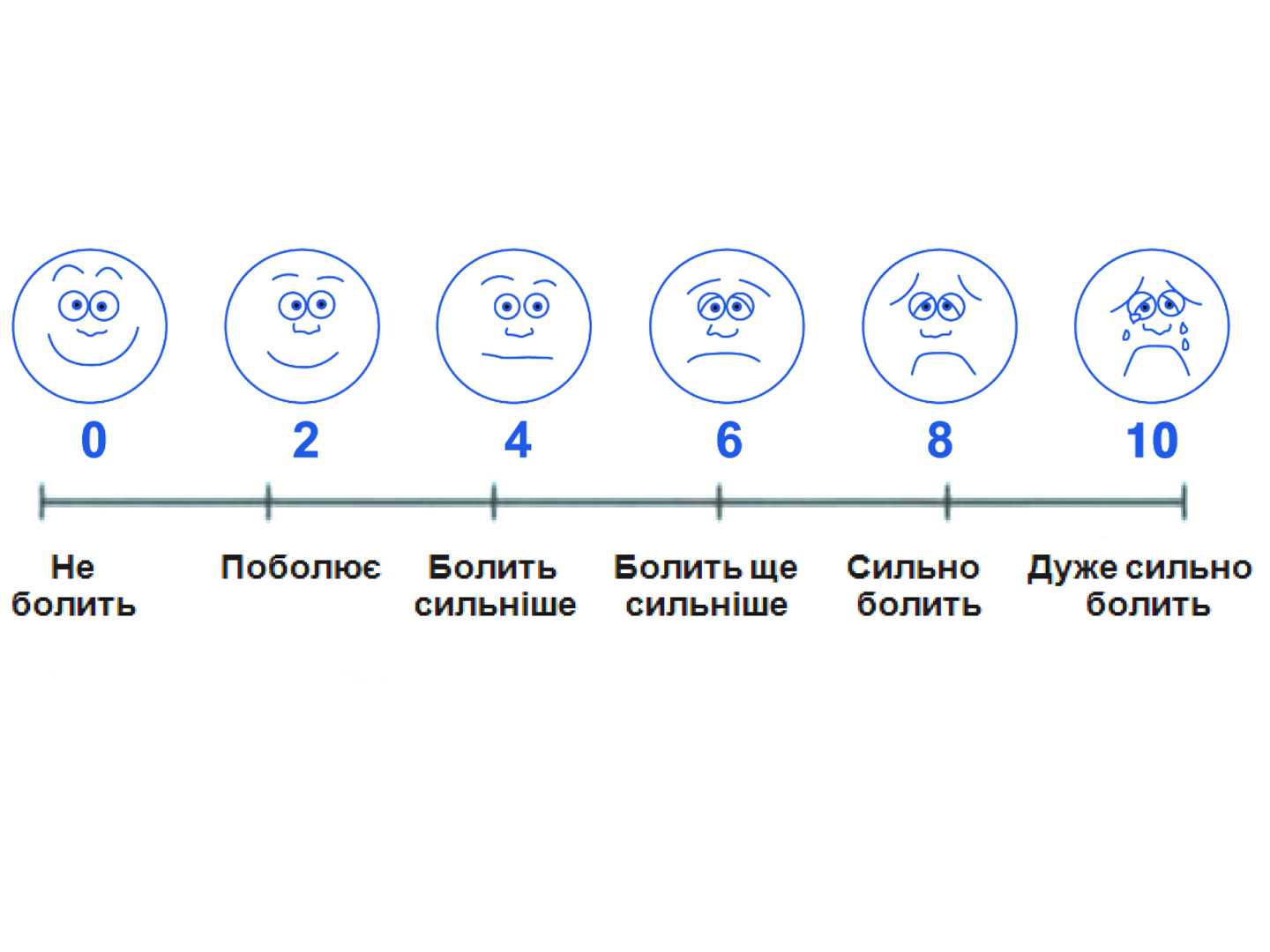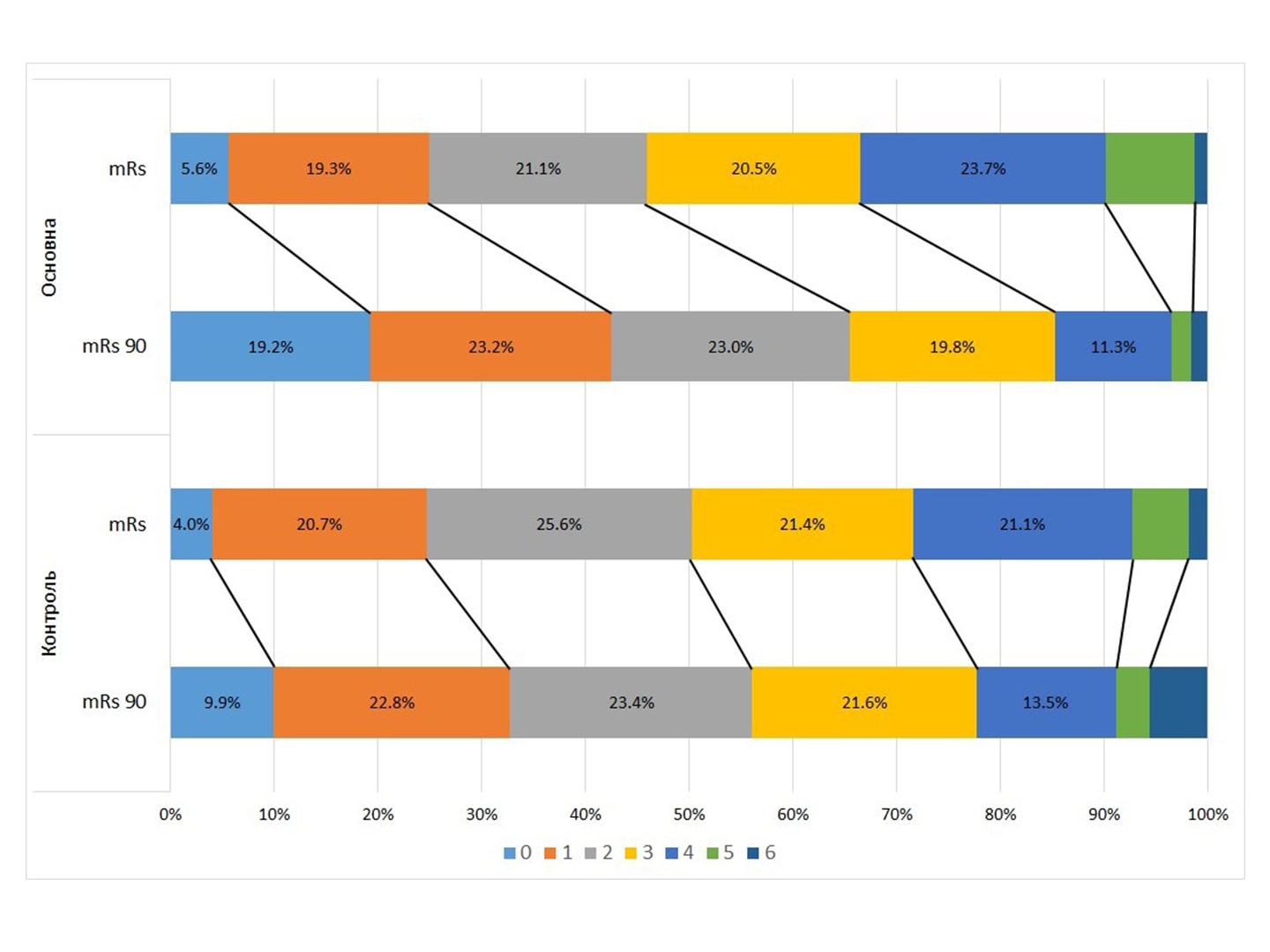Prognostication of outcomes and peculiarities of neuroprotective therapy in patients who suffered critical state and reanimation
M.Gorky Donetsk National Medical University, Ukrain
Abstract. Topicality of the problem of integral approach to intensive therapy of patients who suffered critical states during the postreanimation period is caused by the socioeconomic importance and is related to high lethality, incapacitation and mass character of such pathology. The issues of outcome prognostication, the search of process irreversibility criteria and the brain death diagnostics are of special significance. The choice of intensive therapy tactics depends to a great extent on the localization of pathological process, on the level and degree of the brain injury. Moreover, intensive therapy must be complex, and the character of pathogenesis of different types of encephalopathy must be taken into account. The research was conducted on the base of the regional reanimation centre DOKTMO in the city of Donetsk and the department of intensive therapy of CTH in the town of Antratsit, in patients with acute cerebral insufficiency, conditioned by critical states of different etiology. Acute cerebral insufficiency was the result of the strangulated asphyxia (suicide), carbon oxide poisoning of different degrees of severity (domestic and industrial), severe craniocerebral injury. Among patients there were 48 women and 140 men at the age from 16 to 74. In the research, we have developed and applied an integrative estimative complex of the state of patients with acute cerebral insufficiency of different genesis. This complex included estimation of DIC-syndrome parameters and omega-potential change, estimation of the common state of patients by GCS score, and estimation of the brain edema-swelling pronouncement, according to the data of impedancemetry. Favourable and unfavourable integrative symptom complex was obtained for every type of acute cerebral insufficiency. A conclusion has been drawn that in spite of different pathophysiological events in the development of acute cerebral insufficiency, mechanisms of the brain death will be shown in a universal integrative symptom complex. The variants of intensive therapy with their correction, according to the indexes of integrative symptom complex and the kind of ACI have been developed for patients with acute cerebral insufficiency of different etiology.
Keywords: acute cerebral insufficiency, diagnostics, prognostication, intensive therapy.






